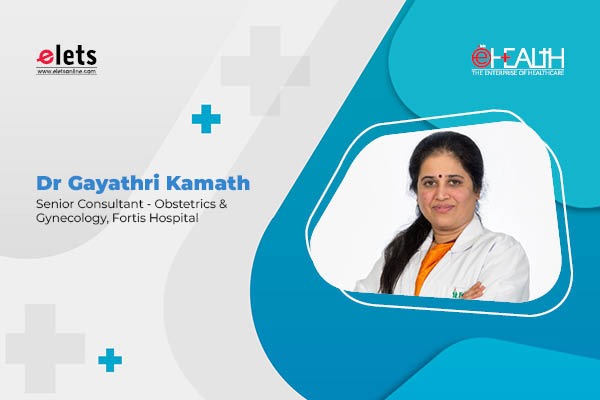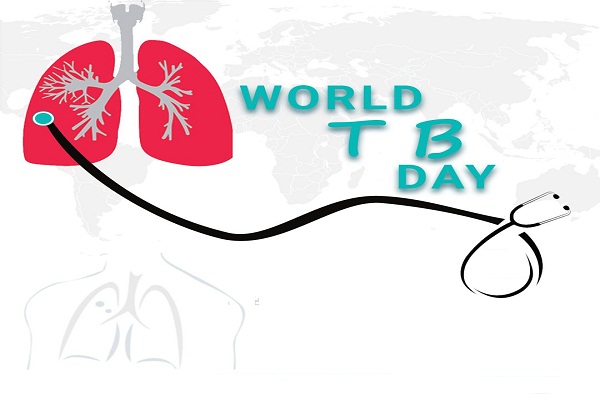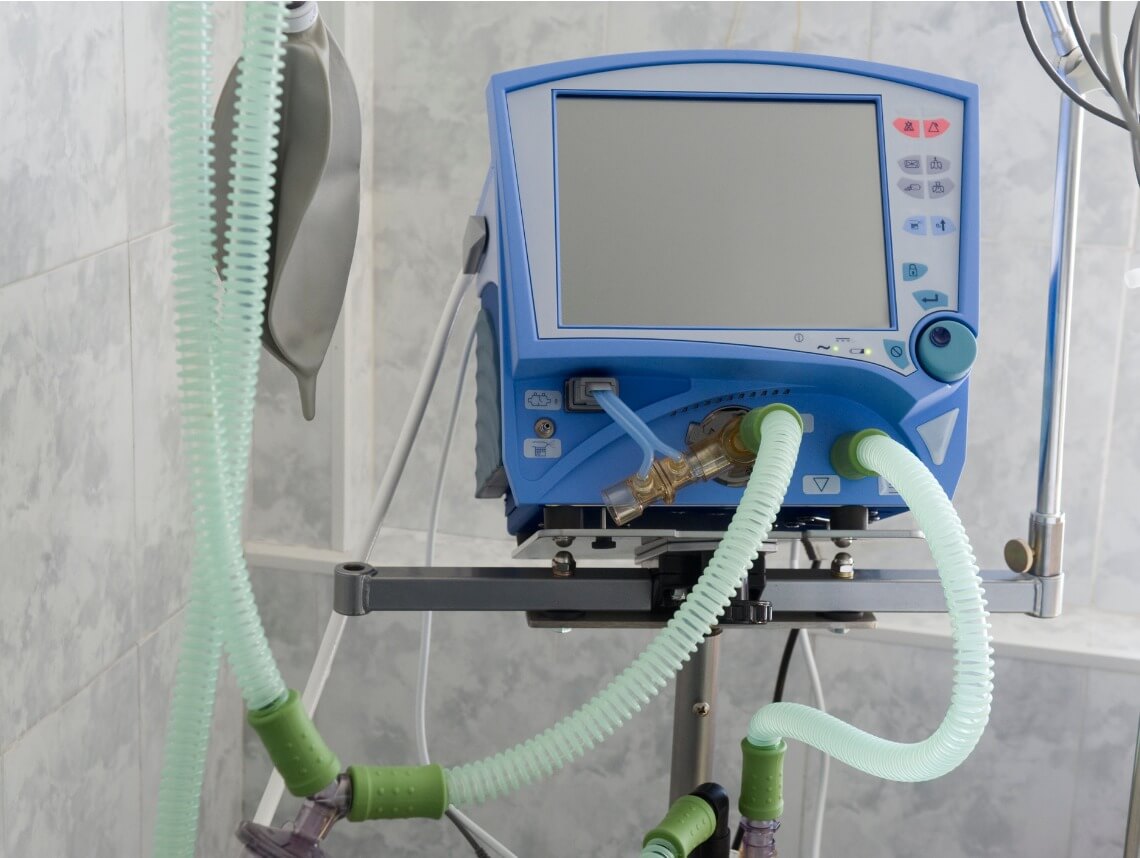
 In today’s world, fraud, billing errors, and corruption are emerging as grave threats to the quality and sustainability of healthcare systems worldwide. As per studies conducted in 2014, ~$487 billion or 7% of global healthcare expenses is lost to healthcare fraud, waste, and error each year globally. If the same figure of average losses is applied to India’s planned public healthcare spending in 2019, it translates to a loss of ~$1 billion in one year.
In today’s world, fraud, billing errors, and corruption are emerging as grave threats to the quality and sustainability of healthcare systems worldwide. As per studies conducted in 2014, ~$487 billion or 7% of global healthcare expenses is lost to healthcare fraud, waste, and error each year globally. If the same figure of average losses is applied to India’s planned public healthcare spending in 2019, it translates to a loss of ~$1 billion in one year.
Additionally, India’s march towards universal health coverage and the rapid growth of employer-sponsored and individual health insurance will only compound these losses. More worrisome than monetary losses, though, is the potential of fraudsters to make healthcare a zero-sum game, with the resources needed to improve the health of the nation being deflected towards undeserving individuals, groups and even criminals.

Healthcare fraud is like the mythological Hydra with many heads
The idea of healthcare fraud, for most people, conjures up images of someone who is cheating the system to collect benefits he or she doesn’t need. While cases like that do exist, the bigger problem actually is provider fraud.
Hospitals, clinics, laboratories, and solo practitioners make claims for services not provided, or they administer tests and treatments not medically necessary. Sometimes providers administer more expensive tests than necessary, charge more than peers for the same treatment, or conduct medically unrelated or unnecessary tests. There are also cases of pharmacies automatically sending out prescription refills ahead of time and claiming insurance for medicines that patients aren’t using.

Also, in a largely paper-based system like India’s, the response to healthcare fraud is typically a reactive approach; time passes between when claims are raised, and when the information of fraud claims reaches the right people, resulting in large losses even before the insurer finds out there is a problem.
Proactive approach to fraud prevention is the need of the hour
To tackle this fraud, advanced analytics can prove to be an all-important weapon with the ability to use historical data intelligently and detect fraud prospectively. The use of advanced analytics to identify and prevent fraud was pioneered to combat credit card fraud, where it was able to bring down fraud to about half, within the first five years of implementation. Given the fact that the finance and insurance industries both rely on user behavior to mitigate risk, algorithms that can identify aberrant and fraudulent behavior can be used effectively to thwart fraud in the healthcare sector in real-time.
Analytics platforms and visualization dashboards can help insurers detect patterns, and predictive analytics strategy can help them determine behaviors that are most likely to indicate increased fraud risks. For instance, a healthcare provider making a claim for a procedure beyond his area of expertise can be flagged immediately.
To cite a success story, a leading Health Maintenance Organization (HMO) in the US got customer complaints about receiving medications they hadn’t ordered. The HMO was able to perform an in-depth analysis of their data, identify the pharmacies with questionable transactions, and remove them from their network.
Further by building artificial intelligence into this model, which can mine the growing data to identify more and more emerging fraud patterns,the system can continue to learn from these patterns and become more sophisticated in identifying potential fraud. With time, it can also evolve to provide reasons for the flagging so that investigations can be completed efficiently, in turn building a solid healthcare fraud auditing and detection system.
The famous American professional baseball catcher Yogi Berra once said that “it’s difficult to make predictions, especially about the future”. But new technologies such as big data and analytics make that seem a little bit more possible every day. Focusing on the behavioral patterns, rather than the act itself, such capabilities could be critical to optimizing resources in India’s healthcare infrastructure. They could function as a first line of defense and revolutionize healthcare for every citizen of the country.
(Disclaimer: Writer Ashish Chaturvedi is Senior Director, Analytics – Optum Global Solutions. Views expressed are a personal opinion.)
Be a part of Elets Collaborative Initiatives. Join Us for Upcoming Events and explore business opportunities. Like us on Facebook , connect with us on LinkedIn and follow us on Twitter , Instagram.












